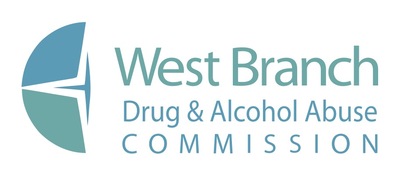Engaging in Recovery
Active versus Passive Recovery
Passive Recovery
The phrase, “fake it ‘til you make it,” comes to mind when defining passive recovery. This type of recovery entails going through the motions to create new habits. This can include remaining sober, attending meetings and counseling sessions, making positive life choices, etc. Those in passive recovery may be doing all of the right things, but their newly established values do not yet coincide with their thoughts and beliefs. The addict is not yet willing to accept full responsibility for their actions and decisions.
Active Recovery
Staying active in recovery not only means staying sober, but also means taking responsibility for decisions and choices, including those made in the past, present, or in the future. To stay active in recovery, a person should be making continual efforts towards the goals set forth during treatment and early recovery. They should also be honest in the assessment of where they stand in the progression towards achieving and sustaining long term recovery. Recognition of the stages of recovery may help in this process.
The continual assessment of successes and pitfalls, as well as addressing each as they arise, play an important role in recovery.
Awareness
Triggers
While in early and middle recovery it is important to become aware of specific triggers. What are those situations where you find yourself thinking of using “just one more time?” Becoming aware of these situations allows one to become prepared for how they will resist the urge once it arises. Life is sometimes difficult, even for those without a history of addiction. Remaining sober must be a priority no matter what situations arise. Both treatment and recovery teach a multitude of ways to deal with avoiding these urges, but continuing to utilize these tools and recognizing the need for assistance will prove beneficial to sustaining recovery.
Relapse
Addiction is considered an incurable, chronic disease. While there is no determined cure, treatment options are available. As with any chronic disease, when treatment regimens are not followed the symptoms of the disease typically flare. The only known treatment regimen for addiction is recovery. When looking at addiction, if recovery is not followed, relapse can and will occur. Relapse should be viewed as an opportunity to further engage in treatment and recovery. Relapse does not mean that all efforts have failed, but that a stronger adhesion to treatment is necessary. If relapse occurs, a thorough assessment of the problem and an updated action plan need to be developed. Once a course of action is plotted, many are able to find their way back to recovery.
